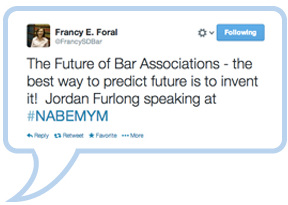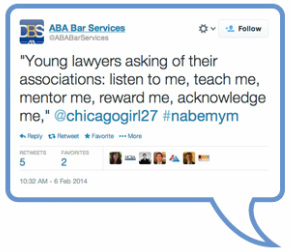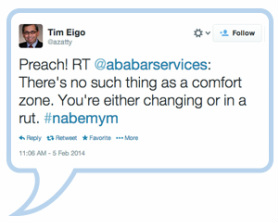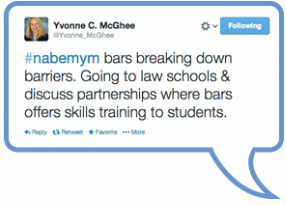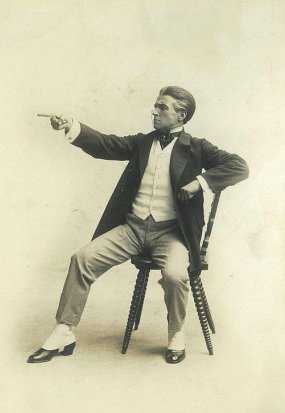ScholarLab will be hitting the road to attend the 2015 National Association of Bar Executives (NABE) Midyear Meeting in Houston Texas, February 3 -5.
This year’s theme is a continuation of the RISE challenge. This challenge is all about empowering associations to “REACH the young/new, seasoned and diverse members of your bar, INVEST in your staff, and SERVE and ENGAGE your members and the public in innovative ways.”
At ScholarLab, our values are strongly aligned with the RISE challenge. Our approach to online CLE is one that is deeply anchored in the belief that education and technology should engage members and staff in innovative ways, yet be simple to use and administer.
To learn how we help bar associations create complete, networked and engaged learning experiences, come visit our booth at the mid year meeting.
This year’s theme is a continuation of the RISE challenge. This challenge is all about empowering associations to “REACH the young/new, seasoned and diverse members of your bar, INVEST in your staff, and SERVE and ENGAGE your members and the public in innovative ways.”
At ScholarLab, our values are strongly aligned with the RISE challenge. Our approach to online CLE is one that is deeply anchored in the belief that education and technology should engage members and staff in innovative ways, yet be simple to use and administer.
To learn how we help bar associations create complete, networked and engaged learning experiences, come visit our booth at the mid year meeting.

